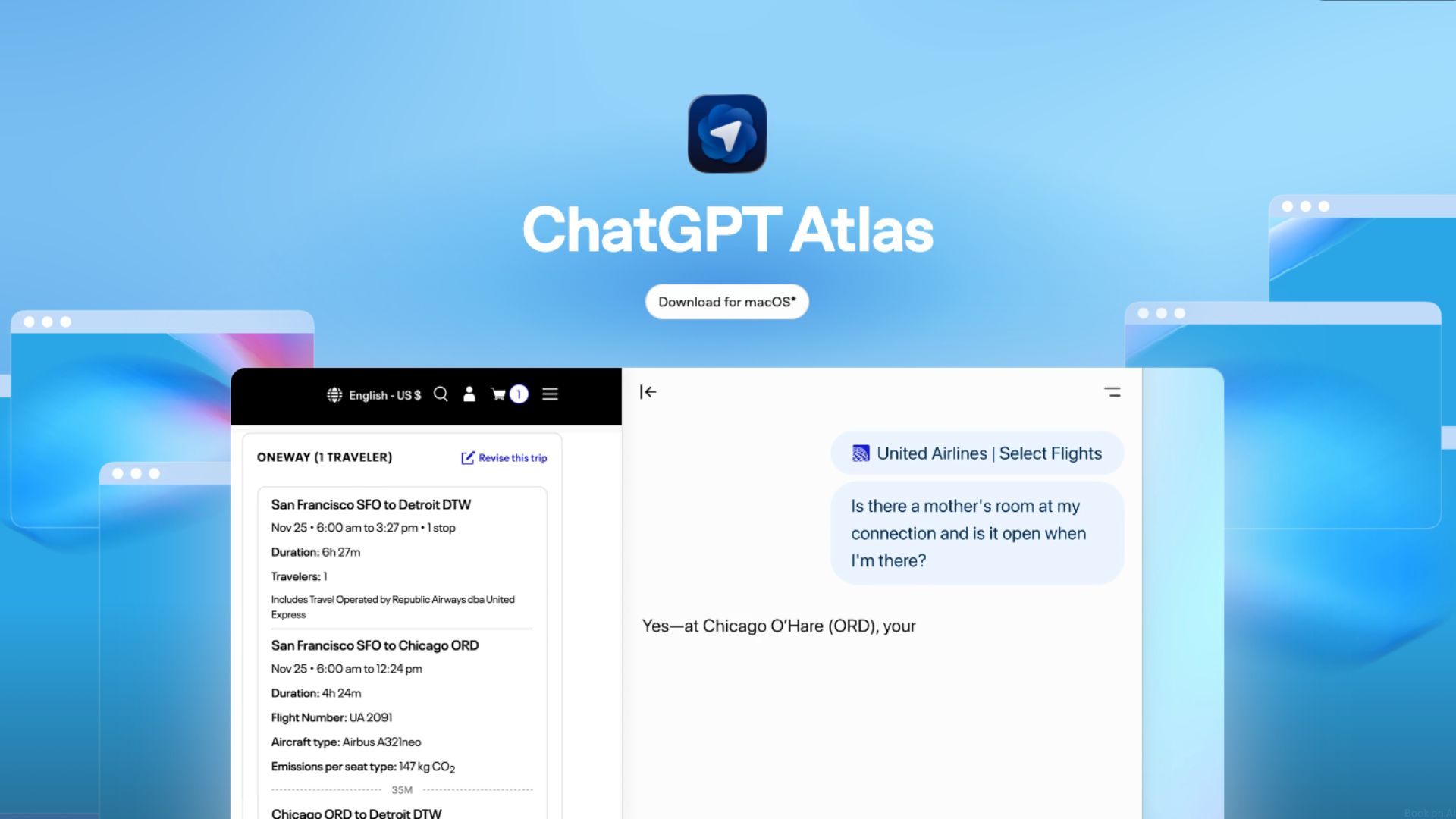Find top AI research tools
Research
Research
An AI assistant tool for AI search / question answering / generative research assistant.
An advanced AI language model designed for deep content generation, rewriting, and contextual understanding.
What are AI research tools?
AI research tools use artificial intelligence to help students, academics, and professionals collect, analyze, and summarize information more efficiently. These tools can search vast databases, extract key insights, generate citations, and even write summaries or outlines—all powered by machine learning and natural language processing (NLP).
By automating time-consuming research tasks, AI tools make it easier to find credible sources, synthesize complex topics, and focus on drawing conclusions instead of just gathering data.
How AI research tools work
AI research tools are trained to understand and process large amounts of written information quickly. When you enter a topic or query, the AI can:
- Scan academic papers, articles, and studies for relevant information
- Summarize complex texts into concise overviews
- Highlight key points, trends, and relationships between concepts
- Generate citations or bibliographies automatically
- Suggest related topics or areas of exploration
Some advanced platforms even use semantic search—meaning they understand the intent behind your question, not just the keywords—helping you find more accurate and relevant results.
Common uses for AI research tools
AI research tools are valuable across education, business, and scientific fields. Here are some of the most common ways they’re used:
1. Academic writing and literature reviews
Students and researchers use AI tools to summarize journal articles, identify gaps in existing research, and organize literature reviews faster.
2. Market and trend analysis
Businesses and analysts use AI to process reports, white papers, and real-time data. These insights help with decision-making, product development, and understanding emerging trends.
3. Data collection and organization
AI research assistants can automatically collect, categorize, and tag information from multiple sources, saving hours of manual work.
4. Fact-checking and source verification
AI tools can help validate the accuracy and credibility of sources, ensuring that your research is built on trustworthy information.
5. Citation management and formatting
Many AI research tools include built-in citation generation in multiple styles (APA, MLA, Chicago, etc.), helping writers save time and maintain academic accuracy.
What to look for in an AI research tool
When comparing AI research tools, consider:
- Database access: Does it connect to reliable academic or industry databases?
- Summarization quality: Are summaries accurate and easy to understand?
- Citation support: Can it generate proper references automatically?
- User interface: Is it intuitive enough for long research sessions?
- Cost and limitations: Some tools offer free plans with limited queries or features.
The best tool will depend on your research goals—whether you’re writing a term paper, conducting market research, or exploring a new topic in depth.
Why AI research tools are transforming learning and discovery
AI research tools save time, reduce cognitive overload, and make it easier to turn information into insight. Instead of spending hours scanning sources, researchers can focus on analysis, interpretation, and innovation.
These tools are changing the way people learn and discover—making knowledge more accessible, efficient, and personalized for every user.
Ready to explore the best AI research tools?
Browse the top AI research tools above to find one that fits your workflow. Whether you’re a student, academic, or professional researcher, each listing includes features, pricing, and user insights to help you choose the right tool for your needs.
Can AI research tools replace traditional research methods?
No. AI tools are designed to enhance research, not replace it. They speed up data collection, summarization, and citation tasks—but human interpretation and critical thinking are still essential for evaluating credibility and drawing conclusions.
Are AI research tools accurate?
Most AI research tools are highly accurate when used with reputable data sources. However, results should always be verified—especially for academic or professional work. The best approach is to use AI for efficiency while fact-checking final outputs manually.
Can AI research tools generate citations automatically?
Yes. Many AI research tools can generate citations in popular formats like APA, MLA, or Chicago. Some even allow you to export a full bibliography or integrate directly with reference managers such as Zotero or EndNote.
Latest articles & AI resources
The latest resources for using AI tools to maximize productivity, efficiency, and creativity. Explore the ever-expanding world of artificial intelligence.
%20rev.svg)









.jpg)




.jpg)